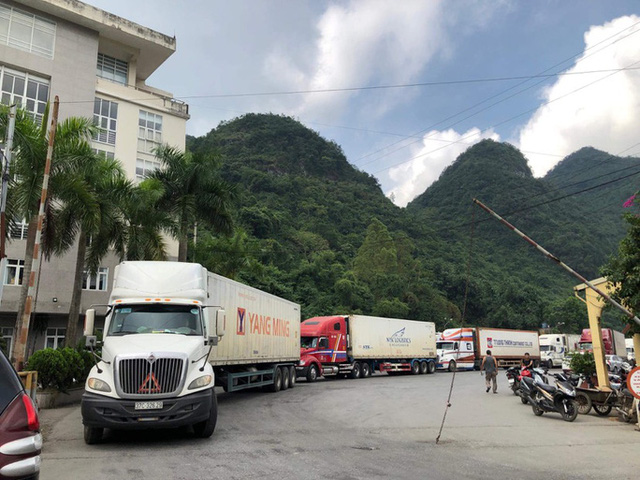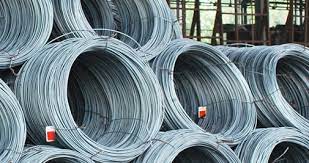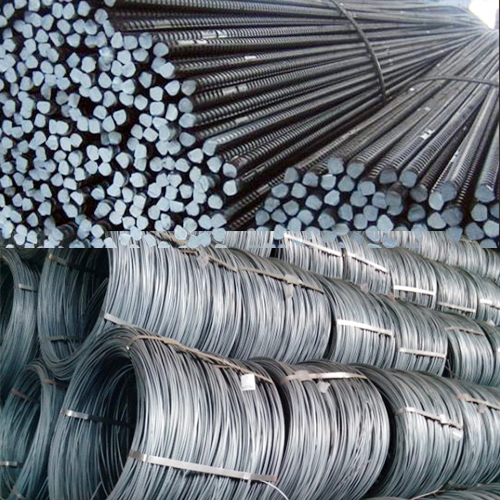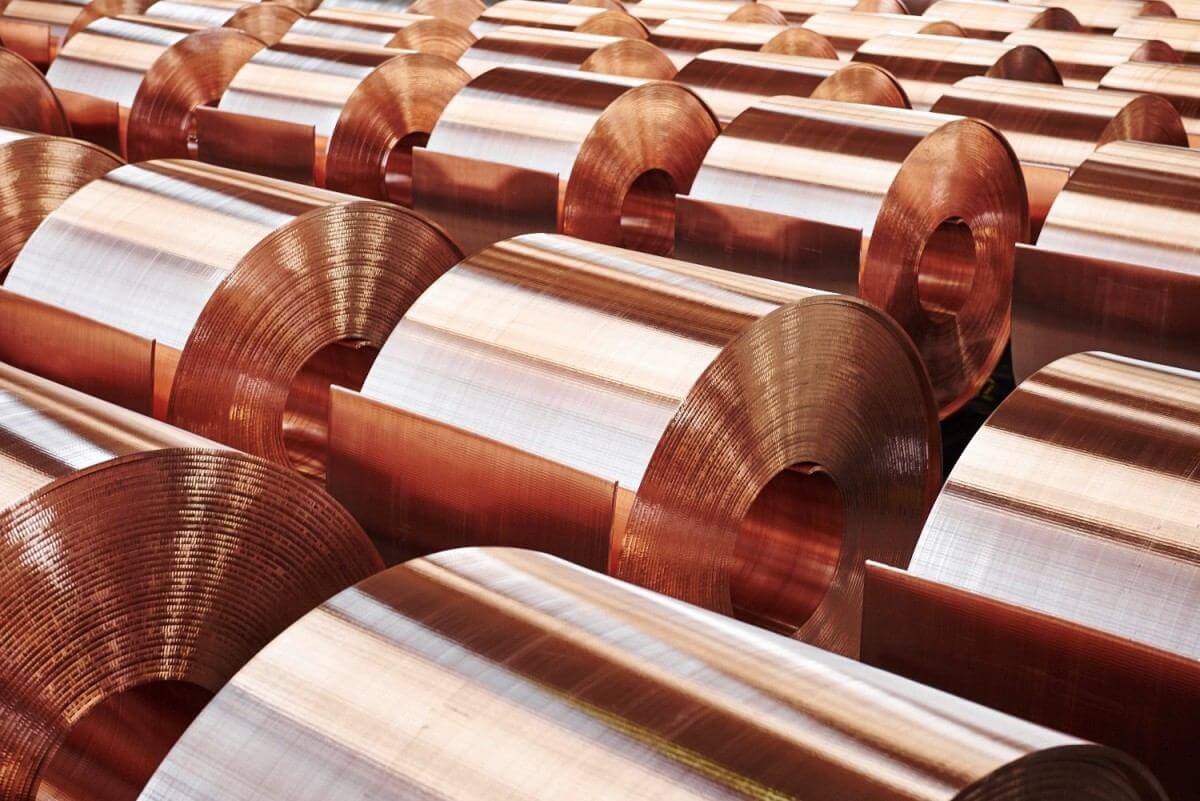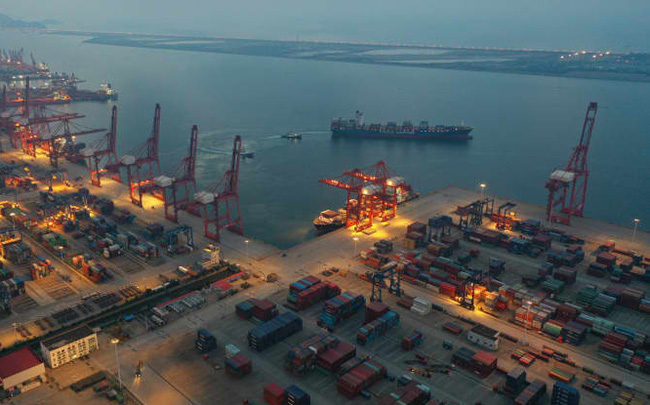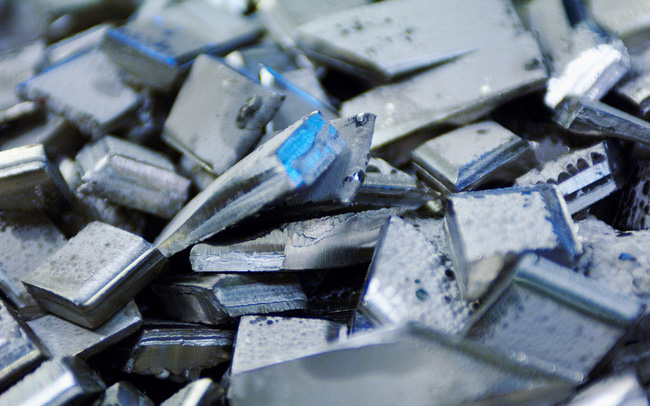Rebar and hot-rolled coil prices in China fell, due to weak downstream sector demand, while raw material prices rose led by coke, following the announcement of output control in Shandong province.
Iron ore futures traded on the Dalian Commodity Exchange for September delivery, fell 0.7 percent to CNY 1,208 (equivalent to $188.64) per ton, trading in a narrow range from CNY 1,203. to 1,232 CNY.
Spot price of iron ore with 62% iron content for China increased by 1 USD to 221 USD/ton.
Other steelmaking raw materials rose, with Dalian coking coal up 0.4 percent to CNY 1,947 a tonne and coking coal futures up 0.8 percent to CNY 2,690 a tonne.
Environmental protection measures in Tangshan have not been relaxed in the short term and are becoming more and more stringent.
Steel prices on the Shanghai Futures Exchange fell. Construction rebar contract for October delivery fell 1.8% to CNY 5,074/ton.
Hot rolled coil price fell 1.5% to 5,344 CNY/ton.
Shanghai stainless steel futures for July delivery fell 0.5% to 16,255 CNY/ton.
Consumption of five major steel products last week fell 4.7% from the previous week to 10.97 million tonnes, consulting firm Mysteel said.
Steel prices in the world’s largest steel producer have fluctuated in the past 1 year.
Specifically, in mid-June 2020, the price of steel in China was 3,998 yuan/ton ($624/ton). The time steel prices peaked within the past 1 year was in mid-May. On May 13, steel prices in the world’s largest steel-producing country reached 6,771 yuan/ton ($1,058/ton), the highest. for the period from June 2020 to June this year. By June 11, the price of this material was 5,820 yuan/ton ($910/ton). Thus, after 1 year, steel price in China from 624 USD/ton to 910 USD/ton, an increase of 57%.
According to Statista data, in 2019, China exported 64 million tons of steel out of the world’s total exports of 438 million tons, accounting for 14.6%.
China is both the world’s largest steel producer and the world’s largest exporter of steel, but is encouraging imports and restricting steel exports.
Accordingly, from May 1, the fee for importing pig iron, steel billet and scrap steel into China will be zero. The above materials are input materials for steel production instead of using iron ore to make steel in the future. blast furnace. At the same time, the steel export tax refund policy was also eliminated. According to experts, the move is to reduce import costs, increase the import of steel resources and support the reduction of crude steel production in the country.
Previously, the country pledged to reduce steel production this year as part of a plan to reduce carbon emissions from steel production, a huge environmental polluter.
Economic experts believe that restricting China’s steel exports will significantly shrink China’s export scale of 64 million tons as in 2019. Thereby, reducing the competition of imported steel from China. on markets.
Source: VITIC/Reuters
T&G International Joint Stock Company
Address: 352 Hue Street, Le Dai Hanh Ward, Hai Ba Trung District, Hanoi
Hotline: 0345786803
Email: hrm@tginterjsc.com
Website: http://tginternationaljsc.com




